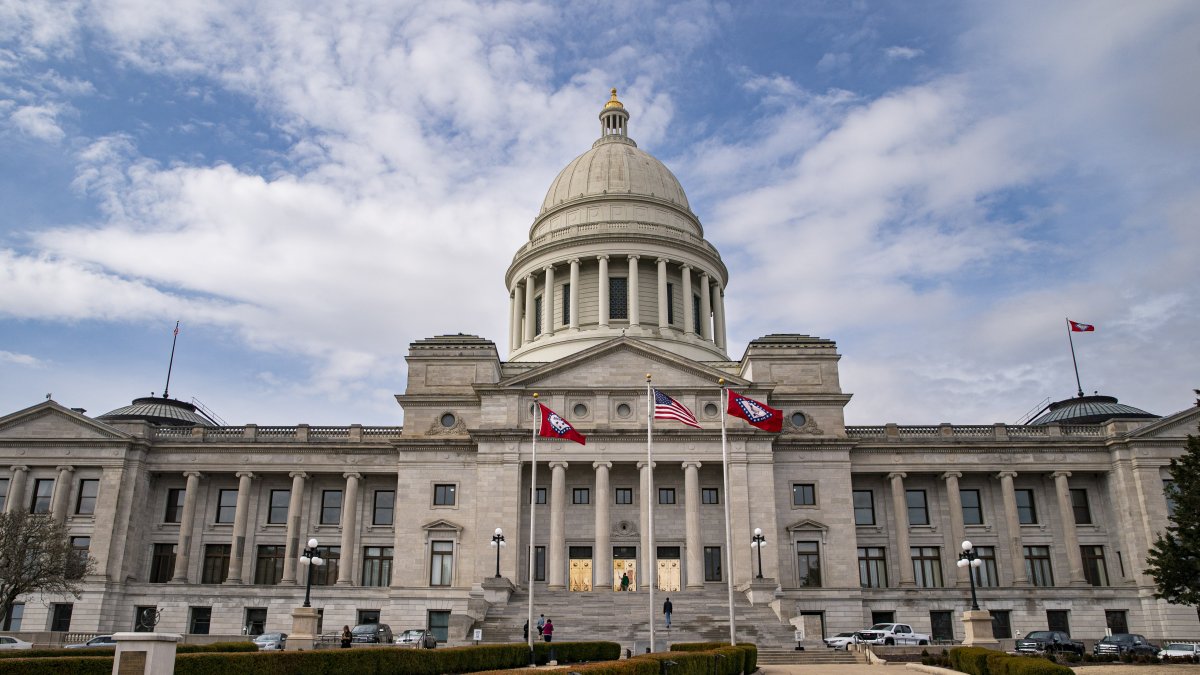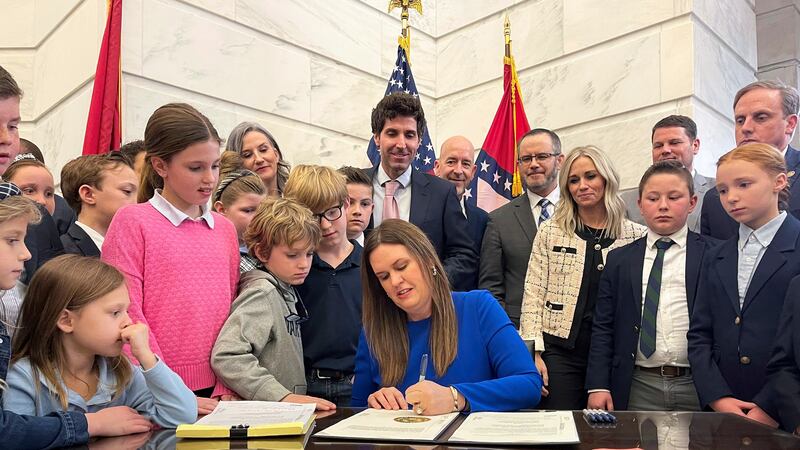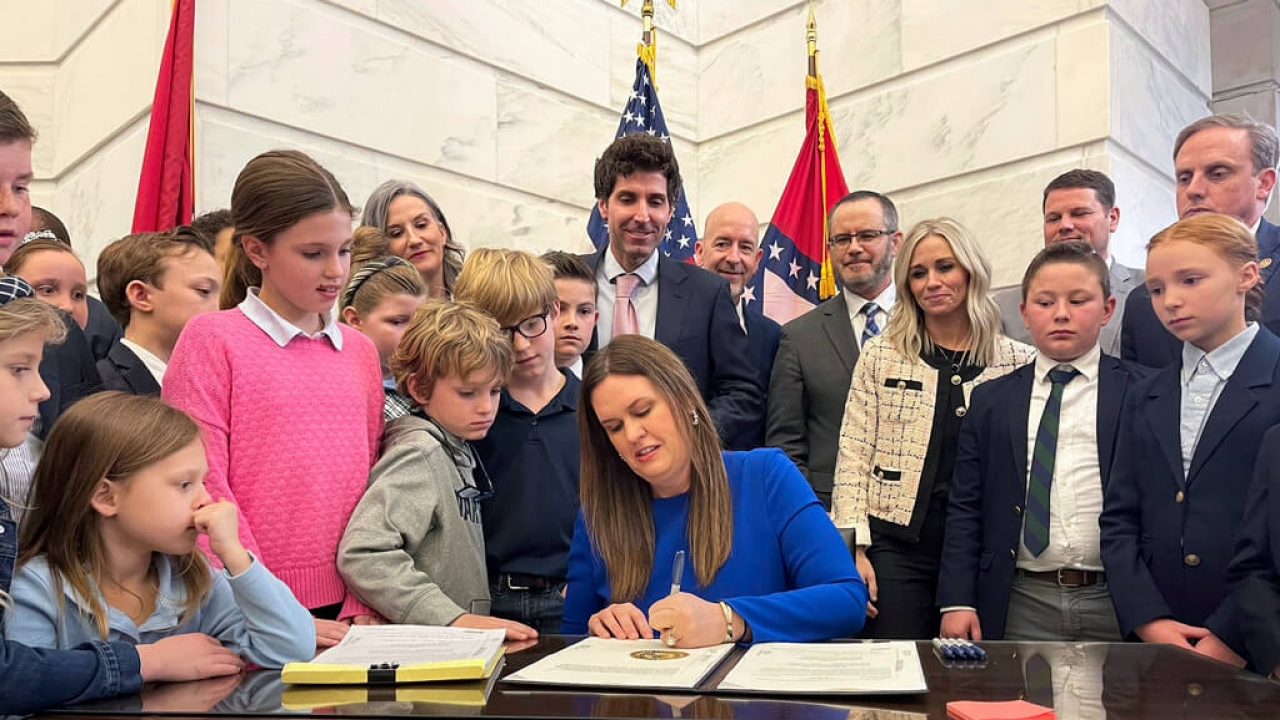A high school teacher and two students from Little Rock Central High School have filed a lawsuit against the state of Arkansas, contesting its ban on critical race theory and related “indoctrination” in public schools. The lawsuit, rooted in concerns over free speech and educational equity, seeks to overturn the state’s restrictions, arguing that they violate constitutional protections.
Constitutional Concerns and Historical Echoes
The lawsuit centers on Arkansas’ decision to disqualify an Advanced Placement course on African American Studies from receiving state credit, a move perceived as a restriction on academic freedom. Referencing the historic racial desegregation crisis at Little Rock Central High School in 1957, the plaintiffs argue that the state’s actions echo past attempts to stifle inclusive education. They contend that the ban violates the First Amendment’s free speech protections and the Fourteenth Amendment’s equal protection clause.

The plaintiffs assert that the ban not only chills free speech but also perpetuates racial discrimination by limiting classroom discourse. Drawing parallels between past and present educational challenges, the lawsuit underscores the importance of safeguarding educational opportunities for all students, regardless of race or background.
National Context and Legal Challenges
Arkansas is among several Republican-led states that have implemented restrictions on teaching critical race theory and related concepts in schools. These measures have sparked legal battles and debates over the appropriate scope of educational curricula. While critical race theory is not a standard component of K-12 education, critics argue that the bans infringe upon academic freedom and perpetuate a narrow interpretation of history.
The lawsuit in Arkansas mirrors similar legal challenges in other states, such as Tennessee, where educators have contested sweeping bans on teaching certain concepts of race, gender, and bias. These legal battles reflect broader ideological divides over educational policy and the role of government in shaping curriculum content.
Political Response and Defenses
Arkansas Governor Sarah Huckabee Sanders, a Republican, has defended the state’s ban on critical race theory, framing it as a safeguard against divisive teachings. She characterized the lawsuit as politically motivated and reiterated her commitment to protecting students from what she perceives as harmful ideologies.

The lawsuit is the latest in a series of legal challenges against Arkansas’ educational reforms, including the LEARNS Act, which introduced a new school voucher program. Despite opposition, Republican Attorney General Tim Griffin reaffirmed his commitment to defending the state’s laws, emphasizing the need for educational reforms in Arkansas. As the legal proceedings unfold, the outcome of this case could have significant implications for the future of educational policy and academic freedom in Arkansas and beyond.
